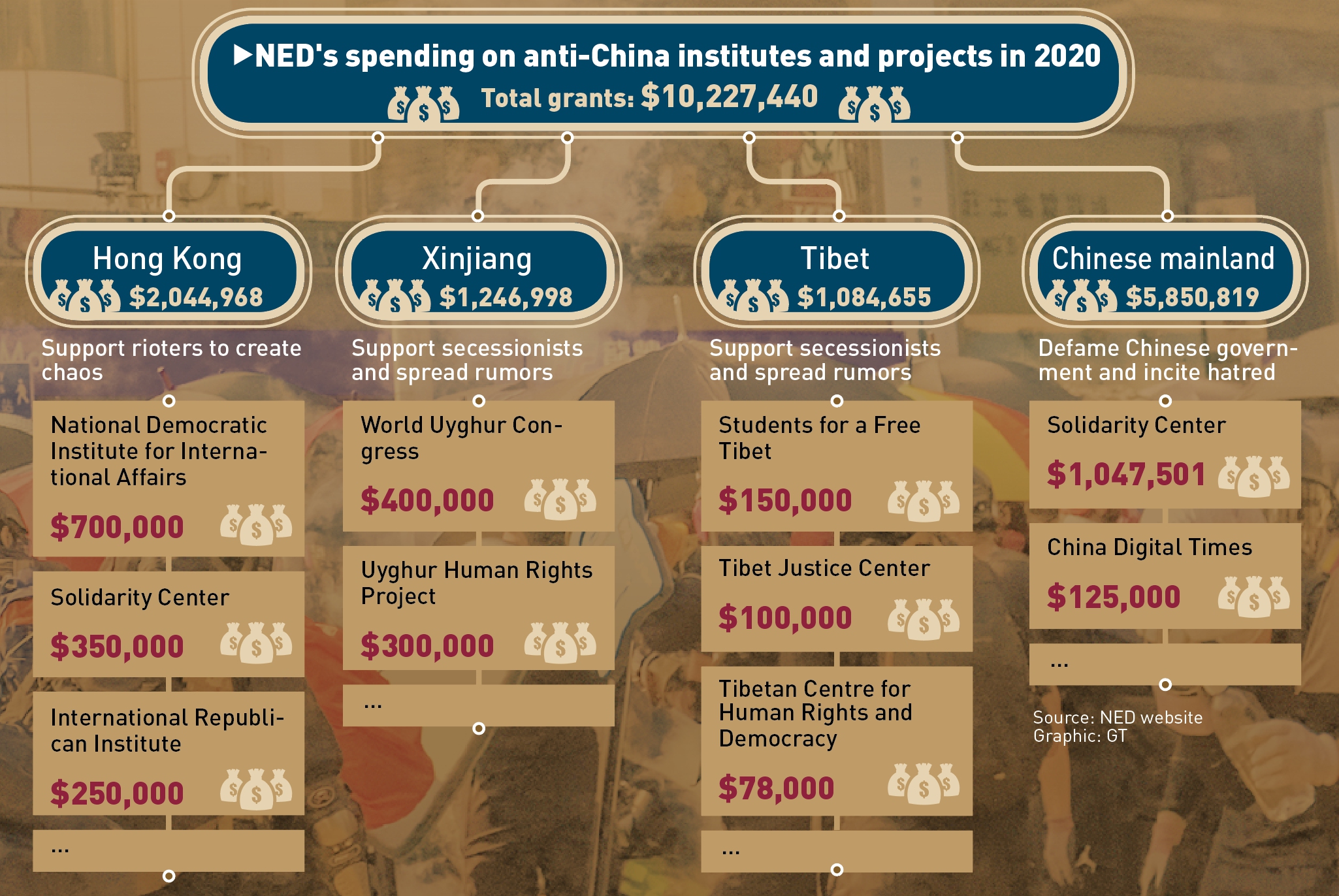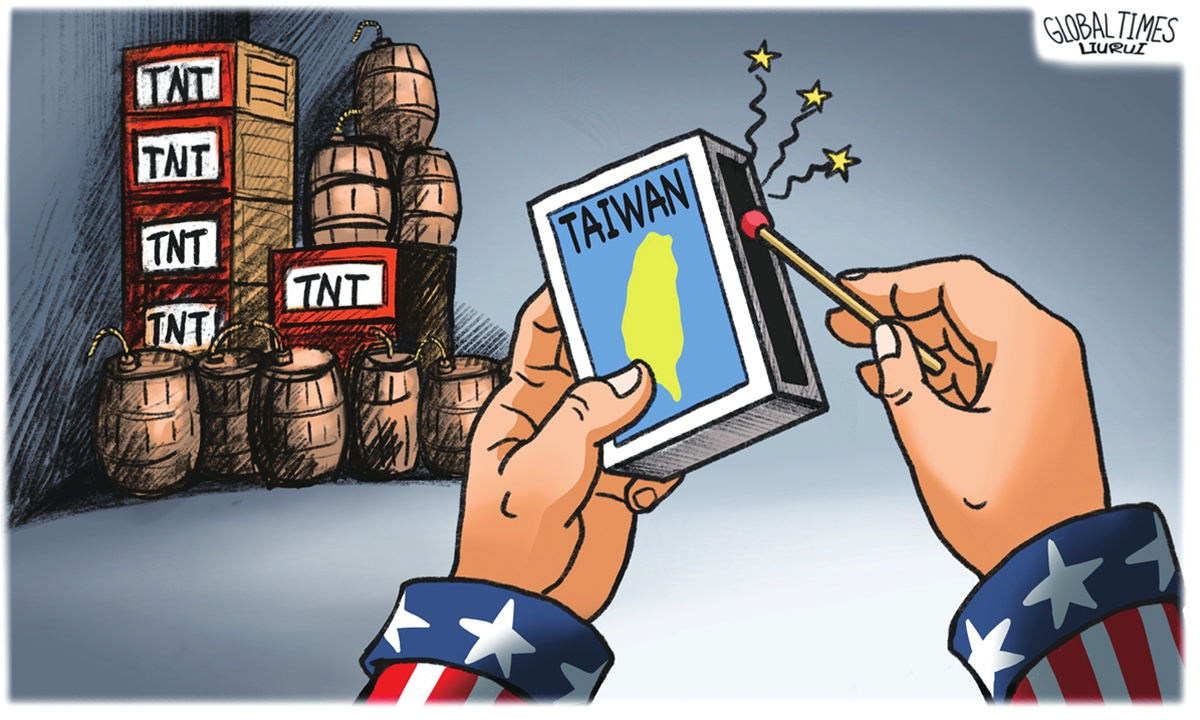Ernie LLM has emerged as China’s leading AI foundation model with the broadest range of applications. — China Daily
SHENZHEN: Chinese tech heavyweight Baidu Inc says its large language model and ChatGPT-like chatbot, Ernie Bot, has garnered more than 200 million users since its debut in March 2023.
The company said it is ramping up efforts to bolster the commercial application of generative artificial intelligence (AI) technology.
On Tuesday, Baidu showcased a suite of AI models and development toolkits to empower individuals with accessible and easy-to-use tools to create AI applications at the Create 2024 Baidu AI Developer Conference in Shenzhen, Guangdong.
Robin Li, co-founder, chairman and chief executive officer of Baidu, said at the event that the Ernie LLM has now emerged as China’s leading AI foundation model with the broadest range of applications.
LLMs refer to AI models fed with huge amounts of text data for use in a variety of tasks, ranging from natural language processing to machine translation.
Li said the Ernie model has achieved an obvious upgrade with improved performance in code generation, code interpretation, and code optimisation in recent months, and its capabilities have reached a world-leading level.
The inference performance of the Ernie model has improved by 105 times compared with the one launched last March, and its inference cost has been reduced to only 1% of the previous version, he said.
Furthermore, more than 85,000 enterprise clients have used Baidu’s enterprise-level LLM platform, Qianfan, to create 190,000 AI applications.
“AI is catalysing a revolution in creativity. In the future, developing an AI application will be as straightforward as creating a short video. Everyone can be a developer and create,” Li said.
Li also said multimodal LLMs that integrate different types of content like text, images, speech and video into AI models are key to the future development of AI.
This approach has been largely regarded as essential for realising artificial general intelligence, which is a theoretical AI system with capabilities that rival those of a human, Li said.
Charlie Dai, vice-president and principal analyst at Forrester, a research firm, said that as one of the leaders in the AI software market in China, Baidu has made substantial progress in the technological evolution of foundation models, which are becoming critical for next-generation AI applications.
He added that the company was expanding its business ecosystem of generative AI technology.
At the event, Li also noted that “the most significant use for large visual models is in autonomous driving systems”.
Baidu’s goal is not just about teaching AI to create video but also about enabling AI to comprehend real-world dynamics and predict future events, which are critical for driving autonomously.
He said the company has utilised extensive data from over 100 million kilometres of testing on complex city roads in China to develop the visual model for its autonomous driving platform, Apollo.
The multimodal LLM is an undeniable future development direction for generative AI technology, said Lu Yanxia, research director at market consultancy IDC China.
She added that the LLMs necessitate a higher demand for data and knowledge in professional fields and for talent that can fine-tune specialised models based on diverse industrial demands.
Lu said Chinese tech companies should pool more resources into improving computing power, algorithms and the quality of data to gain a competitive edge in the global AI chatbot race.
Pan Helin, a member of the Expert Committee for Information and Communication Economy, which operates under the aegis of the Industry and Information Technology Ministry, said the Ernie model made achievements in some specialised application scenarios like AI programming.
Pan said more efforts should be made to bolster the vertical industrial application of LLMs in a wider range of sectors. — China Daily/ANN
Related:
Chinese internet giants JD.com and Baidu are aiming to speed up the development and adoption of artificial intelligence (AI) large language models (LLMs), as they hope to deploy their latest technologies to tap China's massive online market.















